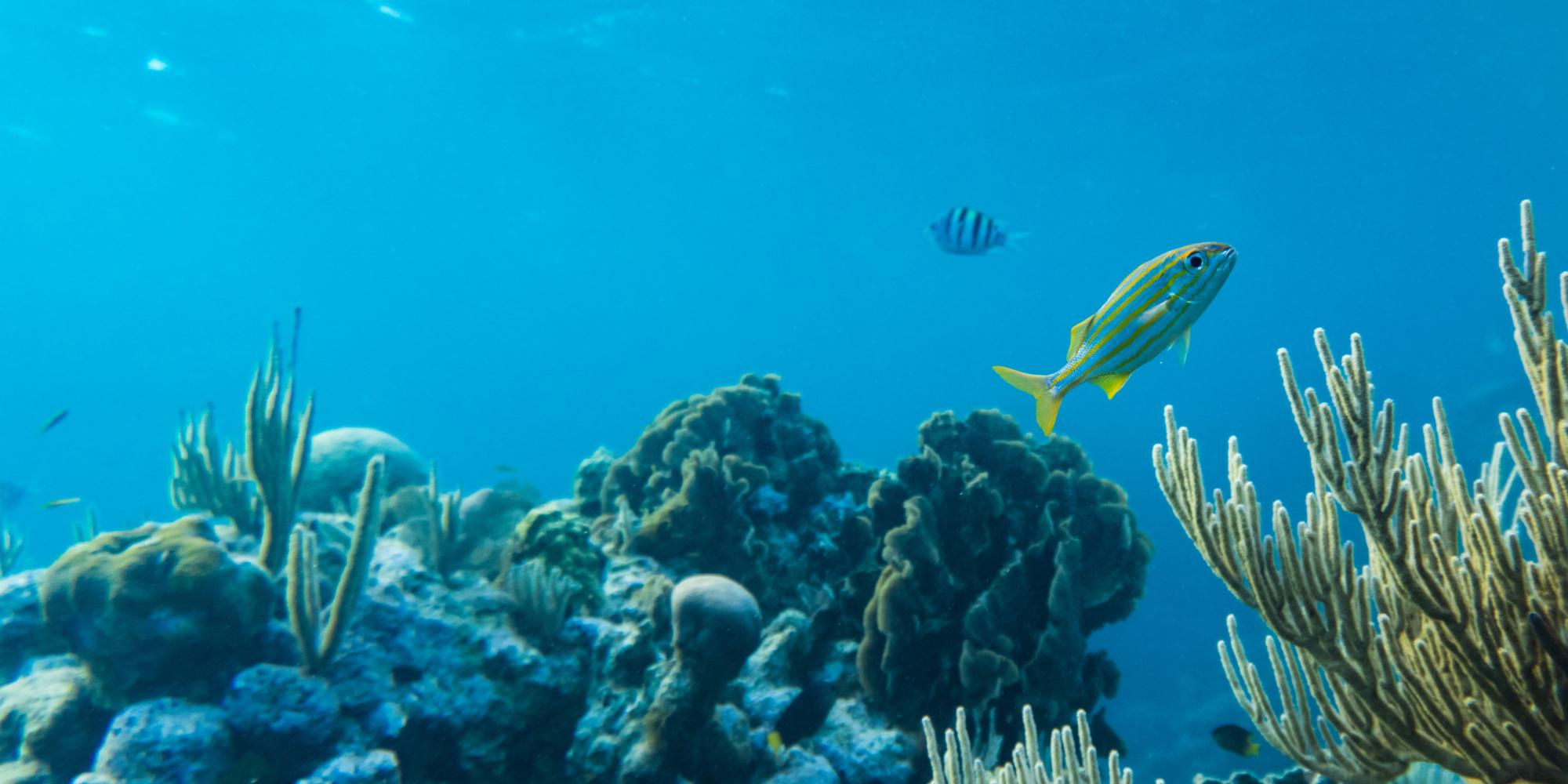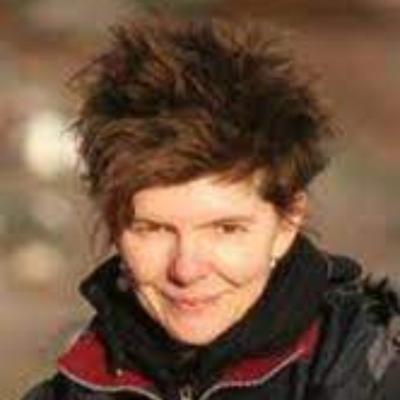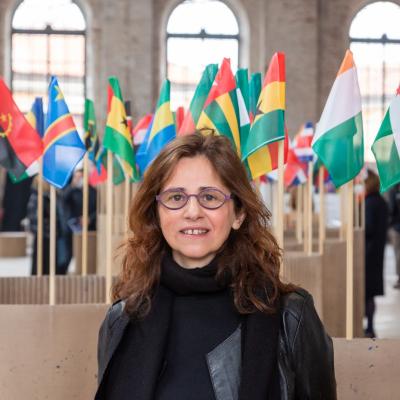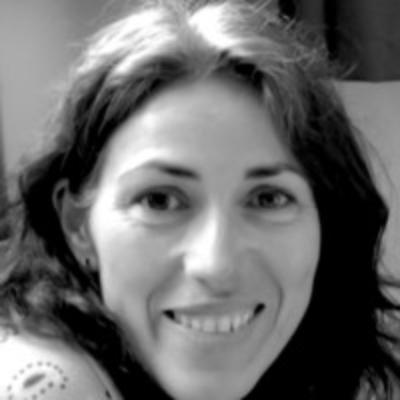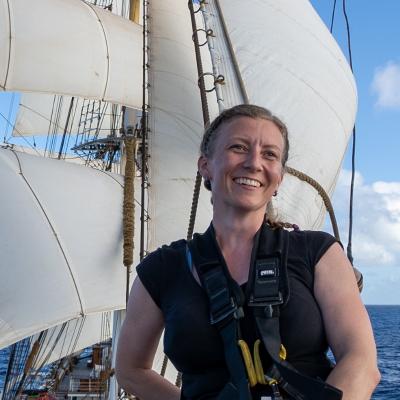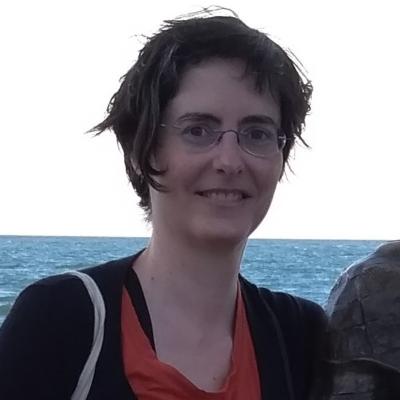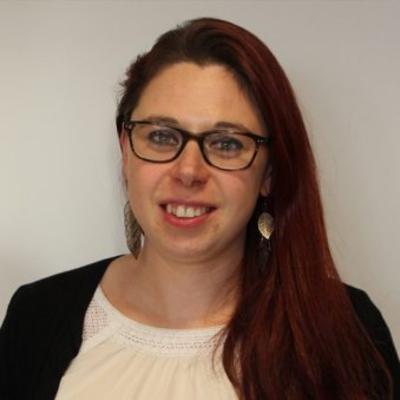The OceanTraining project is pleased to invite you to participate in the 1st International Conference on Ocean Education and Training 2023 (OceanTraining2023).
Through five leading themes, this international and open conference will bring together marine scientists, educators, (joint) educational programme coordinators, graduate students and non-academic stakeholders from a range of disciplines to discuss the most recent innovations, trends, challenges encountered and solutions adopted in the fields of Ocean Education and Learning, with a focus on digital education.
The conference aims to be dynamic and innovative, by providing a mixture of oral presentations and workshops. It is anticipated that the international and multigenerational nature of this event will foster knowledge exchange, networking and new collaborations.
The conference will be hosted at the Ghent University Museum (GUM), in Ghent, Belgium.
